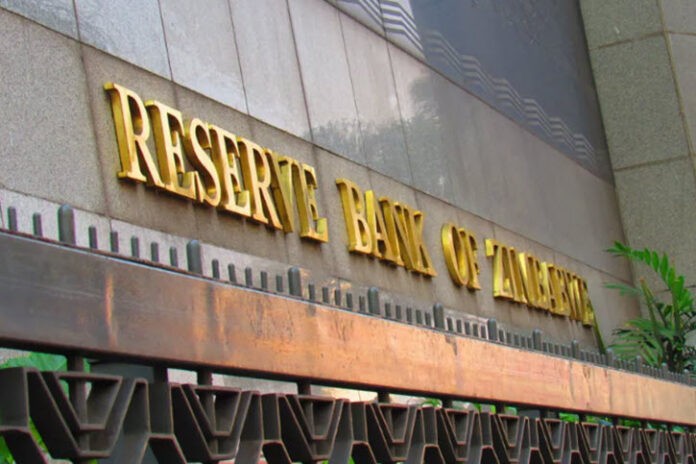Citizens of Zimbabwe who deal in Bitcoin (BTC) may now experience difficulties following the Reserve Bank of Zimbabwe’s recent decision to order all banks within this jurisdiction to stop offering services to Bitcoin users. The deadline for obeying this decision is two months.
RBZ bans Bitcoin trading
Due to concerns regarding the misuse of Bitcoin (BTC) and cryptocurrencies in general, the Reserve Bank of Zimbabwe (RBZ) has announced that the banks of this country are forbidden to provide services to BTC users. This came as a surprise for the country’s citizens and crypto enthusiasts who have been using the country’s active market for various digital currency transactions.
The country’s crypto markets are suffering a setback, especially since the banks were only given two months to comply.
One victim of this announcement is Golix, Zimbabwe’s biggest crypto exchange platform, who are in the middle of planning a token sale to help generate funds across the continent. The plan was to hold a token sale with a goal of raising $32 million under an ICO.
The RBZ’s statement says that crypto trading is a risky business and that it carries a certain amount of danger for both the individual user and the country’s financial system. This attitude toward cryptos is in complete contrast to the previous call for digital platform adoption issued by the central bank. This was supposed to be one of the best measures against the effects of shortages regarding foreign currencies.
The ban might not hold
An advocate by the name of Fadzayi Mahere has stated that there may be reasons to doubt the legality of this ban. India implemented a similar ban recently, which caused various crypto traders and exchanges to drag the matter into court. Since the crypto traders and exchanges in Zimbabwe have as much, if not more, to lose, it is expected that they could take similar action.
Mahere posted a tweet saying that the ban is not based on any regulation or law that would imply that crypto users have broken any kind of rule or policy. In addition to that, she said that the decision made by the RBZ is neither fair, reasonable, nor proportionate.
What’s the reaction of finance, tech & ordinary people to the ban on cryptocurrencies? The legality of the ban is doubtful. It appears not to be based on any law or regulation, not to mention that it seems not to be reasonable, proportionate or fair as required by s68 of the Con. pic.twitter.com/YO7wLqfV8a
— Fadzayi Mahere🇿🇼 (@advocatemahere) May 15, 2018
The ban certainly came as a surprise and left many crypto users unprepared for dealing with the consequences. Until now they could use their digital currencies for making software, airline, and similar payments, not to mention pre-owned vehicle purchases made in Japan. The chaos that this ban might inflict on the country’s citizens leads some to hope that the bank would decide to u-turn this order, and soon.
The market’s liquidity has made BTC crucial for doing business and has contributed to Bitcoin’s value increase. The nominal value was even reported to be higher than the one seen in other, more developed countries’ markets.
For now, crypto investors and traders are forced to try and find a way to bypass the ban. Whether the bank will eventually change its mind or not, still remains to be seen.
















